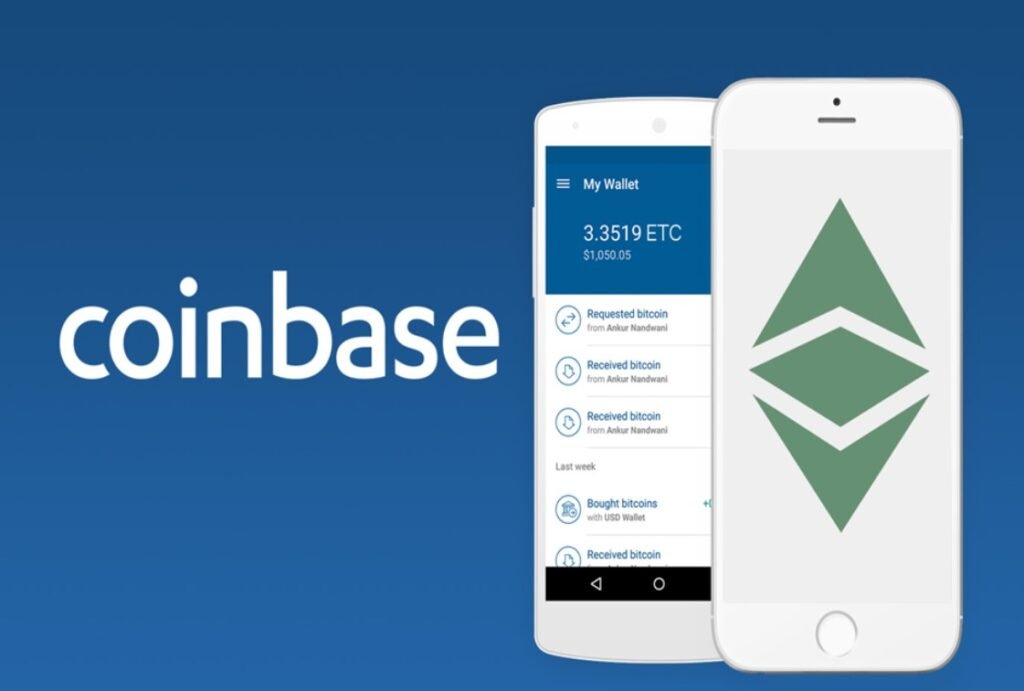The legal battle between Coinbase, the largest US crypto exchange, and the Securities and Exchange Commission (SEC) reached a critical point on Wednesday, as a federal judge in Manhattan heard arguments from both sides on whether and how digital assets should be regulated as securities. The outcome of the case could have significant implications for the future of the crypto industry and its investors.
Coinbase’s lawyer, William Savitt, argued that the crypto tokens traded on the platform are not securities, but rather collectibles, like Beanie Babies. He said that buying a token does not give the buyer any stake or claim in the issuer’s enterprise, but only a right to use the token for its intended purpose on the network. He also said that the SEC’s definition of securities is too broad and vague, and that it would stifle innovation and competition in the crypto space.

“It’s the difference between buying Beanie Babies Inc and buying Beanie Babies,” Savitt said.
He also cited a previous court decision involving Ripple Labs’ XRP token, which was not deemed a security by the judge, and asked the court to follow the same logic and dismiss the SEC’s lawsuit.
SEC Accuses Coinbase of Flouting Rules and Selling Unregistered Securities
The SEC’s lawyer, Patrick Costello, countered that Coinbase is operating as an unregistered securities exchange, broker, and clearing agency, and that it has made billions of dollars unlawfully facilitating the buying and selling of crypto asset securities. He said that the crypto tokens at the heart of the case are indeed securities, because they are part of a larger enterprise that depends on the efforts of others for its success.
“When they buy this token, they are investing into the network behind it. One cannot be separated from the other. When the value of the network or the ecosystem increases, so does the value of the (associated) token,” Costello said.
He also said that Coinbase’s failure to register has deprived investors of significant protections, such as inspection by the SEC, recordkeeping requirements, and safeguards against conflicts of interest, among others. He urged the court to uphold the SEC’s authority and jurisdiction over the crypto sector.
Judge Questions Legal Precedent and Attributes of Crypto Tokens
Judge Katherine Polk Failla, who presided over the hearing, asked several questions to both parties, focusing on the legal precedent defining securities and the attributes of several crypto tokens traded on Coinbase and elsewhere that the regulator has deemed investment contracts. She also expressed some concern over the potential over-regulation of the crypto industry and the lack of clarity and guidance from the SEC.
“I’m trying to figure out what the SEC’s position is on what constitutes a security and what doesn’t,” Failla said.
She did not decide the matter from the bench, noting that she was still weighing some questions after the more than four-hour hearing. She said she would issue a written ruling in due course.
The case is one of a slew of lawsuits that the SEC has brought against the crypto sector, under the leadership of chair Gary Gensler, who has taken a tough stance on crypto regulation. The SEC has targeted not only companies selling digital tokens, but also firms offering trading platforms and clearing activity and acting as broker-dealers.
The SEC sued Coinbase in June 2023, saying the firm facilitated trading of at least 13 crypto tokens, including Solana, Cardano and Polygon, which it said should have been registered as securities. The SEC also charged Coinbase for failing to register the offer and sale of its crypto asset staking-as-a-service program, which allows customers to earn profits from the “proof of stake” mechanisms of certain blockchains and Coinbase’s efforts.
Coinbase has denied the SEC’s allegations and has accused the regulator of engaging in “regulation by litigation” and creating a “chilling effect” on the crypto industry.
